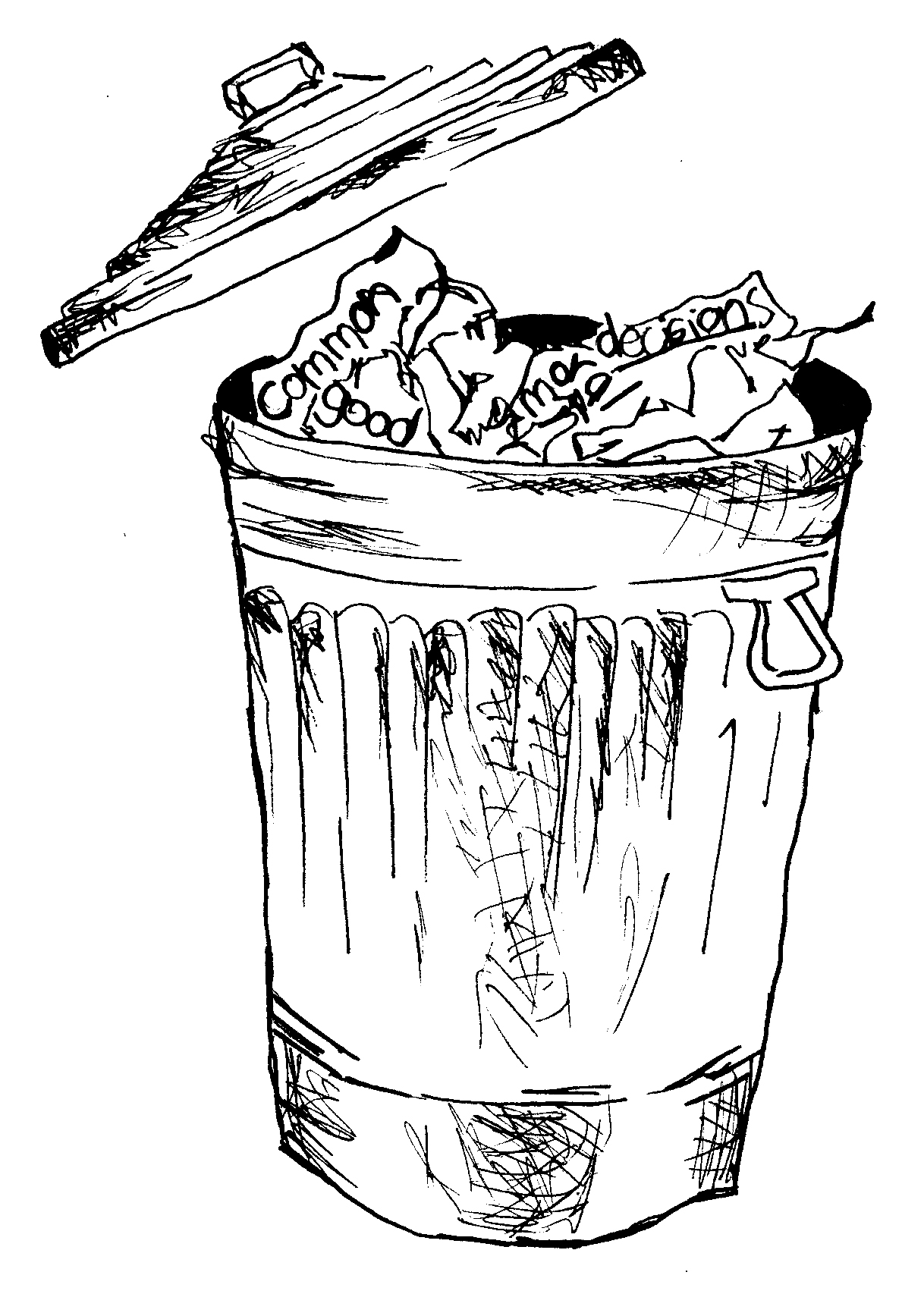McKeen’s address prompts evaluation of the moral focus of a Bowdoin education
April 26, 2017
 This
piece represents the opinion of the author
.
This
piece represents the opinion of the author
.
In Joseph McKeen’s inaugural address, delivered at the opening of the College in 1802, this one line has stood the test of time and continues to influence Bowdoin’s self-image to this day: “…It ought always to be remembered, that literary institutions are founded and endowed for the common good, and not for the private advantage of those who resort to them for education.” But in the two centuries that have passed since McKeen delivered his address, we have become disconnected from the original meaning of the “common good.”
I think the typical way we handle the topic of the common good today is to sidestep the full moral implications of the term. We take it to mean that a liberal arts education is meant to educate students to make a meaningful impact in the world and that the very act of being here and receiving an education is in some way contributing to the common good. There is a very progressive faith in the unalloyed power of knowledge to improve the good of society as a whole.
But this optimistic reading is entirely at odds with McKeen’s message. In the very next paragraph of his address, he warns his audience of the dangers of a student who absorbs knowledge in all disciplines without the necessary moral guidance that teaches him how to serve God and society. In fact, such a student is “more dangerous than a madman, armed with instruments of death, and let loose among the defenseless inhabitants of a village.” McKeen argues that there is a deep connection between the common good and moral education of the individual student, for all the knowledge in the world cannot turn one’s heart away from selfish ambitions and toward the good of others.
This does not mean the College must enforce a strict code of morality among students, since we are all responsible adults capable of making our own decisions. It has more to do with the way our education equips us with the tools necessary to make educated moral decisions, for the process of moral reasoning involves much more than deducing right behavior from a set of precepts that we learn in a classroom. In our daily lives, we all face the question “what ought I to do?” in a variety of situations, and the idea of a liberal arts education has never been to provide simple answers but to enrich the minds of students so we have some intellectual foundation from which to make reasoned judgments.
We all know from experience that doing the right thing for ourselves and for others often requires a lot of thought. British theologian Oliver O’Donovan describes the process of moral reasoning in terms of “self, world and time,” where each decision we make requires us to tread a path between these three considerations in order to ultimately take action. In other words, doing the right thing involves knowledge of ourselves, of the world around us and properly apprehending the relation between the two at the proper time. McKeen understood that a liberal education in literature, theology, mathematics and sciences is crucial to forming students who are able to navigate this complex process of moral decision-making.
As well as Bowdoin educates its students, I argue that this moral side of our education is conspicuously lacking today. This may not be an indictment of Bowdoin specifically but of college education more generally, which is today far too fragmented to properly enable inquiry into fundamental questions about human nature, purpose and destiny that laid the groundwork for the moral education envisioned by McKeen.
But there are still places at Bowdoin where you can get this sort of an education. In my four years at Bowdoin, I have found such a place in the Joseph and Alice McKeen Christian Study Center, home to the Christian Fellowship at Bowdoin. Through intensive scriptural study, we press hard on fundamental questions about creation, justice and redemption that help us live out our lives as faithful Christians. Our studies enable us to think more comprehensively about what God requires of us in our lives today and force us to confront the complex and beautiful realities of His creation in order to consider our place within it.
We believe that the one good thing that all humans truly hold in common is God himself, who offered his Son Jesus Christ as a sacrifice to bring lost souls to Himself and reconcile the broken bonds between Himself and humanity. All thinking about the good, be it private or common, starts from the fundamental reality of His sovereign rule over every aspect of our lives. When we ask ourselves what we are to do at each moment, the decision-making process always starts from this point, from an apprehension of God’s purpose for our lives in this time and at this place, so that we may act in a way that brings glory to Him.
McKeen understood this and dedicated himself to preaching weekly chapel sermons to help his students form the sort of hearts that would enable them to use their education to fulfill their duties to the community and most importantly to God. Such a message may no longer find a place in the halls of Bowdoin, but I will be forever grateful for the privilege of being part of a community that carries on faithful witness to these timeless truths that help me navigate my own way through life.


Comments
Before submitting a comment, please review our comment policy. Some key points from the policy: